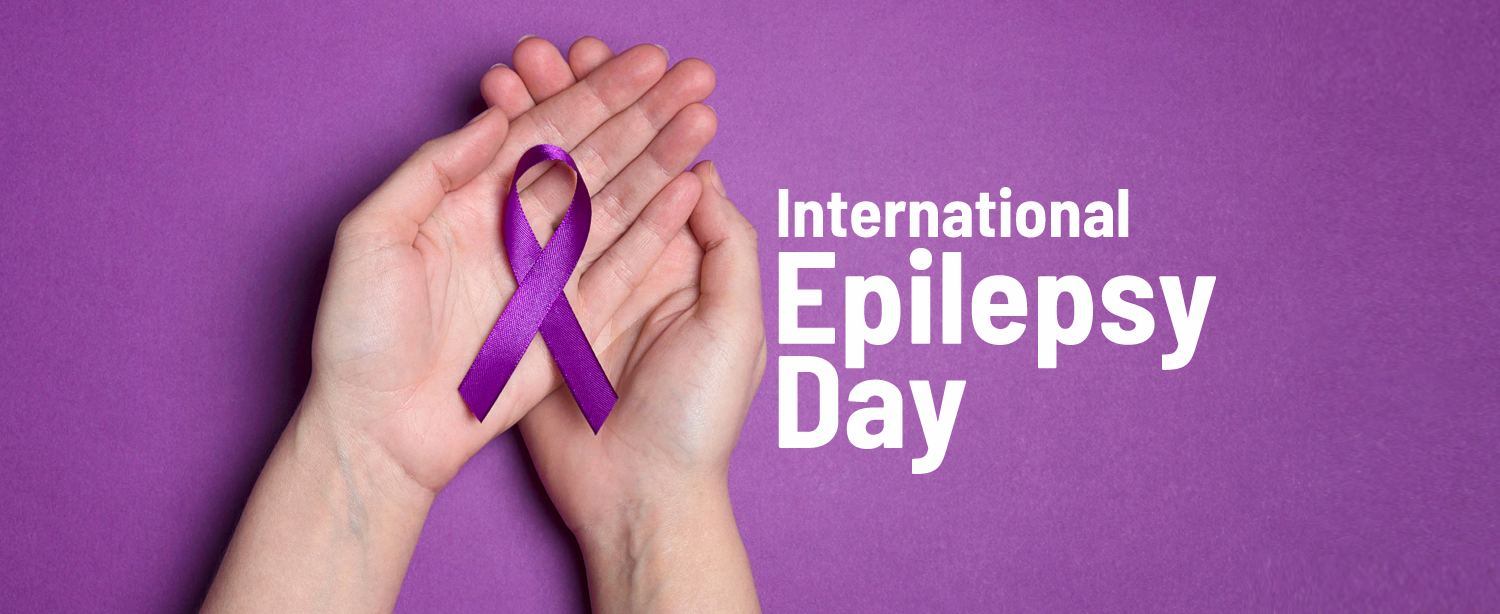India is home to more than 1.5 crore epilepsy patients, still the disease remains unknown to many and is surrounded by many superstitions. Epilepsy occurs as a result of an abnormal electrical activity originating in the brain and is a neurological condition that requires medical intervention. Epilepsy is a serious problem in our country, however, statistics suggest that while 60% of people in urban India consult a doctor after suffering a seizure, only 10% in rural India would do so. Nearly 95% of the people with active epilepsy do not receive appropriate treatment for their condition. The lack of awareness about epilepsy, poverty, cultural beliefs, stigma, and poor access to healthcare facilities contributes to a vast treatment gap. Increased awareness, correct diagnosis and timely treatment can help many epilepsy patients live seizure-free and help improve the quality of their life.
Seizures, abnormal movements or behaviour due to unusual electrical activity in the brain, are a symptom of epilepsy. It is observed that not all people who appear to have seizures have epilepsy. Seizures need to be investigated by a neurologist to check if they are epileptic. The person may have varying degrees of symptoms depending on the type of seizure. Here are a few common warning signs of a seizure:
- Jerking movements of the arms and legs
- Stiffening of the body
- Falling suddenly for no apparent reason
- Not responding to noise or words for brief periods
- Loss of consciousness
- Breathing problems or breathing stops
- Loss of bowel or bladder control
- Appearing confused or in a haze
- Periods of rapid eye blinking and staring
Consult your doctor to investigate the reason behind your seizure.
What triggers an Epileptic seizure?
Some people are able to identify key factors or situations that can trigger seizures, a few common triggers include:
- Missed medication
- Lack of sleep
- Stress
- Bright lights, flashing lights, or patterns
- Caffeine, alcohol, or drugs
It is observed that a single incident doesn’t always mean something is a trigger. It’s often a combination of factors and repeated occurrence that trigger a seizure. Tracking your seizures and details around it helps your doctor adjust or change your medications or explore other treatment options.
How to deal with Seizures
Is someone around you having a seizure? Here are few tips to help that person:
- Stay calm
- Loosen any tight clothing especially around the neck
- Allow the person to rest or sleep
- Put something soft under his or her head
- Remove sharp objects or other harmful objects around the person
- Roll the person onto one side
- Stay with the person till they are better, call for medical help if needed
Myths and facts about Epilepsy
There are a lot of misconceptions surrounding epilepsy disease. Some of these include:
Myth: If someone is having a seizure, you should put something into their mouth.
Fact: Never put anything in a person’s mouth who is having a seizure. This could end up hurting the person more.
Myth: You should restrain someone having a seizure.
Fact: Never hold down a person during a seizure. This may cause a bone or muscular injury.
Myth: Epilepsy is contagious.
Fact: That is not true, this disease is not infectious in nature.
Myth: People with epilepsy cannot work
Fact: If a person has epilepsy, it does not mean they have an intellectual disability or are disabled. Most people with epilepsy are not disabled and are able to have successful careers in many different professions.
Epilepsy treatment at Kokilaben Dhirubhai Ambani Hospital
Our Centre for Neurosciences offers a Comprehensive Epilepsy Care Programme to treat adults and children with epilepsy. The team is highly trained to help diagnose and treat newly diagnosed epilepsy patients, complex epilepsy cases as well as surgical cases. Kokilaben Dhirubhai Ambani Hospital is the first and only centre in Western India that provides state-of-the-art diagnostic facilities for epilepsy evaluation under one umbrella. The Centre for Neurosciences is equipped with high-end technology like the 3T Magnetom trio that is highly beneficial to investigate Epilepsy. We have also successfully performed over 150 epilepsy surgeries in the past. Our Support Group For Epilepsy meets regularly and addresses various medical social and professional issues for epilepsy patients and caregivers.
Do you or a loved one need Epilepsy care? Consult experts at our Centre for Neurosciences for multidisciplinary care. For more information please visit:


